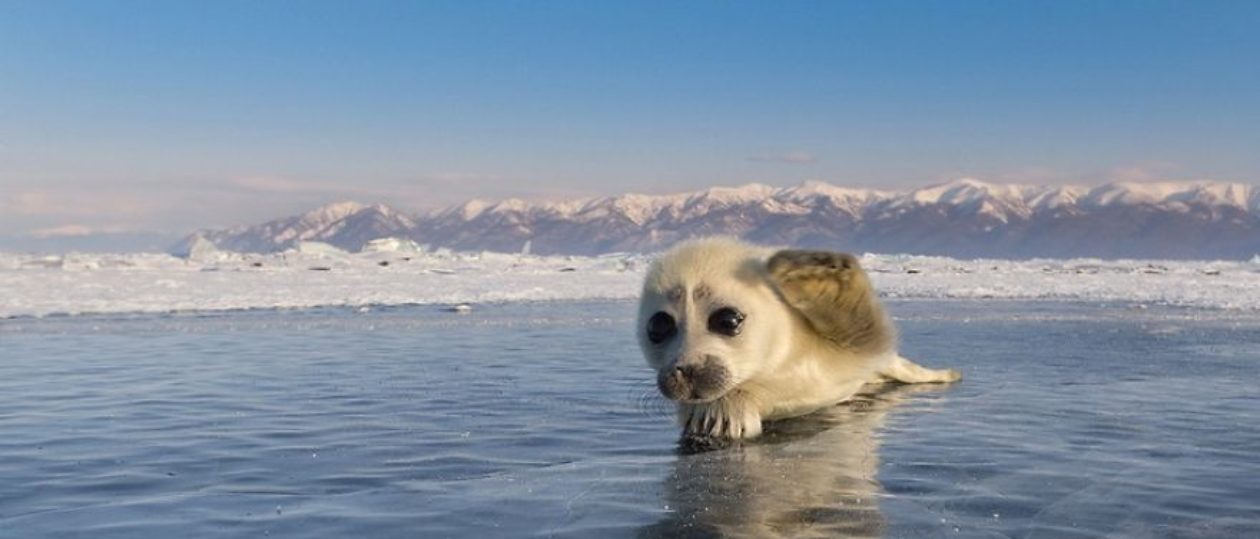 I started watching a very insightful film, “Cowspiracy”, the other day and it really made an impression on me. As an environmentalist, I know a lot about climate change and its causes, and I know a lot about the solutions. Yet I was taken aback by the things I did not know. Did you ever have that happen to you? You might have re-read a book you had read long ago, or you meet someone new and you realize there were nuances you had not picked up.
I started watching a very insightful film, “Cowspiracy”, the other day and it really made an impression on me. As an environmentalist, I know a lot about climate change and its causes, and I know a lot about the solutions. Yet I was taken aback by the things I did not know. Did you ever have that happen to you? You might have re-read a book you had read long ago, or you meet someone new and you realize there were nuances you had not picked up.
We all know, the climate is changing and our global environment is suffering. And many people can tell you climate change is caused by the burning of fossil fuels which add greenhouse gases to the atmosphere. But what many leaders and organizations are not telling you is that animal agriculture is the number one cause of environmental destruction and devastation. Raising cattle produces more greenhouse gases than the entire transportation sector. In numbers, livestock and their byproducts produce 51% of the world’s greenhouse gas emissions and transportation produces only 13%. So, what we really need to talk about is diet.
A meat-eater needs 18 times more land than a vegan does in order to eat for one year. Plus, animal agriculture is responsible for 91% of the destruction of the Amazon forest. Did I mention the following fact? The waste from 2500 dairy cows equals the entire waste from a city of 411,000 people. So, you can help save the Amazon and our rainforests simply but changing how you eat. Instead of a hamburger eat a veggie-burger. Instead of whole milk try soy milk. It may seem hard at first but once you get the hang of it you will feel better, and make a positive difference for the planet.

